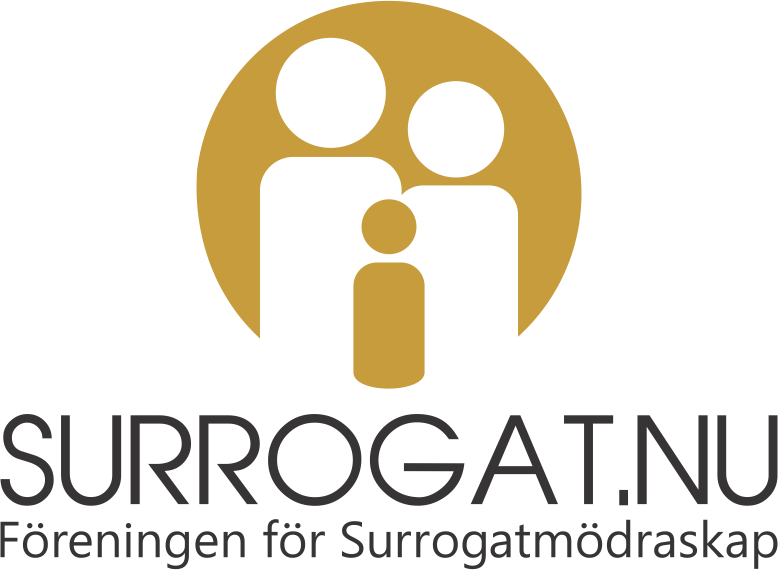International Federation of Gynecology and Obstetrics (FIGO) är en världsomspännande organisation för gynekologi och obstretrik som finns representerade i inte mindre än 124 olika länder. Organisationen arbetar för kvinnors hälsa och med aktuella frågor inom obstretik och gynekologi. De tar fram riktlinjer och råd för hur man bör arbeta inom olika områden och med olika frågor. I en rapport från 2009, ” ETHICAL ISSUES IN OBSTETRICS AND GYNECOLOGY” har FIGO bl.a. granskat surrogatmödraskap och lämnat en rad rekommendationer och råd för hur man bör hantera detta.
De anser dock inte att metoden ska förbjudas eller stoppas. Istället fokuserar man på råd för hur surrogatmödraskap bör genomföras på ett etiskt sätt och för att skydda alla inblandade parter.
I rapporten skriver man:
Recommendations
1. Surrogacy is a method of ART reserved solely for medical indications. It is unacceptable for social reasons.
2. Because of the possibility of psychological attachment of the surrogate to her pregnancy on behalf of others, only full surrogacy is acceptable. Furthermore, all efforts must be undertaken to reduce the chance of multiple pregnancy with the ensuing risk to the surrogate and future babies.
3. The autonomy of the surrogate mother should be respected at all stages, including any decision about her pregnancy which may conflict with the commissioning couple’s interest.
4. Surrogate arrangement should not be commercial, and are best arranged by non profit making agencies. Special consideration must be given to trans-border reproductive agreements, where there is increased risk of undue inducement of resource poor women from resource rich countries citizens.
5. The commissioning couple and surrogate potential must have full and separate counseling independently prior to their agreement, and be encouraged to address the question of eventual disclosure to the child before entering into the intended procedure. Counseling must include the risks and benefits of the technique to be used, and of pregnancy, including prenatal diagnosis. Such counseling should be factual, respectful of the woman’s view, and non-coercive.
6. Where there is no national legislation, prospective parents and the surrogate should be encouraged to seek independent legal advice. They should be encouraged to enter into a consent agreement that outlines the critical issues involved and delineates the rights and responsibilities of all parties. The disposition of all unused embryo should be agreed upon.
7. Surrogacy, if conducted by individual physicians should be approved by an ethical Committee and should be practiced strictly under medical supervision.
8. When the practice is performed it should take full regard of the laws of the country concerned and participants should be fully informed of the legal position.
9. Research about coercion and harm to collateral individuals such as existing children of the surrogate must be conducted to understand the harm or benefits of this reproductive model.
Hela FIGO:s rapport kan du ladda ner här

